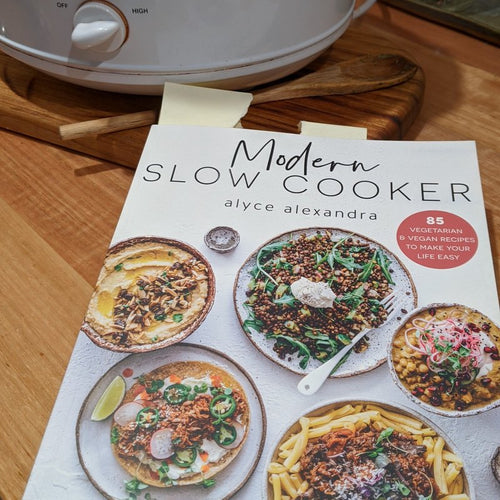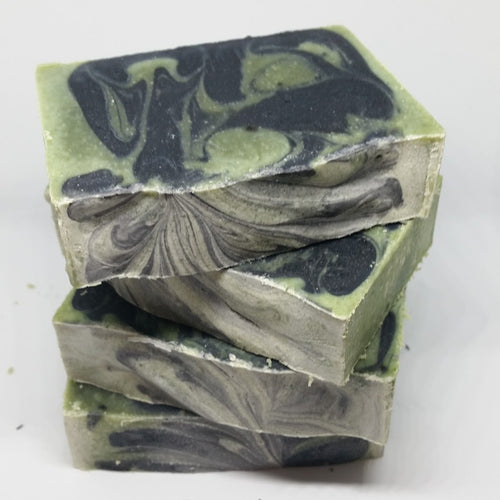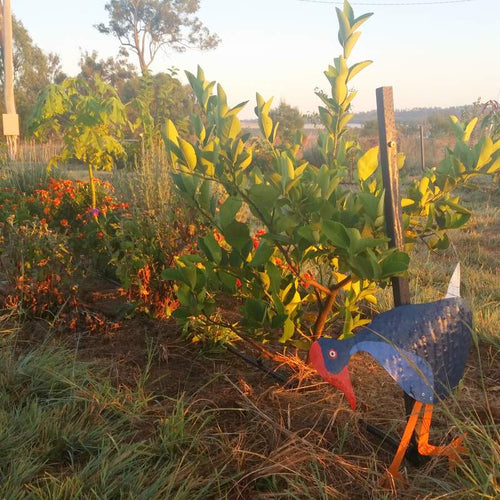Perennial vegetables and permaculture
Most of the vegetables that we buy from the supermarket, or plant regularly are annuals. That means that they typically only live for one season and then need to be planted again. Think of all the work involved in sowing seeds and raising seedlings year after year. I often have a lot of trouble starting seedlings, everything goes wrong, from mice eating the seeds to over-watering and causing them to rot. By accident, I started to plant perennial vegetables in my garden and they started to do really well.
Perennial plants live for several seasons. They may die back over winter, but they will regrow from roots without having to start again from seed. This means that they get a head-start and may produce more over the entire season. Perennial plants should be part of any permaculture garden because they require less work than annual plants, and the soil doesn't have to be tilled.
The challenge with perennial veges, because most are unfamiliar, is knowing how to prepare them, this often takes some research and experimentation. I have had some perennials in my garden that grew ok, but we just didn't really use them. Malabar spinach for example, it was ok, but we preferred silverbeet, so it never got used. I try not to waste space on vegetables that we don't use, but I do like to have some like warigall greens as a back up, as they will often grow when everything else has withered and died from the heat!
A few perennials that I have found grow well in our climate:
- Poor man's beans (hyacinth bean)
- Perennial leeks - they just keep multiplying!
- Warrigal greens
- Chokos
- Walking stick kale
- Arrowroot
- Sweet potato
- Pepino
- That giant chilli bush!
| the chilli bush |
| arrowroot |
| walking stick kale |
| perennial leeks, I have to keep splitting them up |
| warrigal greens - an Aussie native |
I spent some time in my Aunty's garden in Lower Hutt, New Zealand, admiring her perennial veges, including scarlet runner beans and rhubarb. I think I could grow rhubard, but our climate is definitely too hot for the scarlet runner beans.
| Scarlet runner beans |
| rhubarb |
And then there are the veges that are not technically perennial, but they self-seed and just keep coming up when they're ready, so that they are semi-perennial and don't require any intervention.
Self-seeding veges in my garden:
Lately I've been reading two Eric Toensmeier books about perennial vegetables (see links below). I found the first one, Perennial Vegetables, to be a little dry, but with plenty of detail, you can certainly use this as a reference to find which vegetables will grow in your climate, and I have a list that I'd like to acquire. The second, Paradise Lot, filled in the story, and it was so interesting to read about Eric and his friend Jonathan finding their property, planting their 100% perennial garden and finding their sweethearts. This was a much more enjoyable read, but light on detail of the plants. I'm so glad I had them both at the same time so I could enjoy the contrast.
Perennials that I'd like to try:
- Lettuce
- Silverbeet/chard
- Broccoli, asian vegetables
- Herbs like parsley, chervil, dill, borage, calendula
| self-seeded brasicas |
Lately I've been reading two Eric Toensmeier books about perennial vegetables (see links below). I found the first one, Perennial Vegetables, to be a little dry, but with plenty of detail, you can certainly use this as a reference to find which vegetables will grow in your climate, and I have a list that I'd like to acquire. The second, Paradise Lot, filled in the story, and it was so interesting to read about Eric and his friend Jonathan finding their property, planting their 100% perennial garden and finding their sweethearts. This was a much more enjoyable read, but light on detail of the plants. I'm so glad I had them both at the same time so I could enjoy the contrast.
These are affiliate links, if you buy through these links I get a small percentage of your purchase as amazon credit, which helps to fund my book habit....
Perennial Vegetables: From Artichokes to Zuiki Taro, A Gardener's Guide to Over 100 Delicious and Easy to Grow Edibles
Paradise Lot: Two Plant Geeks, One-Tenth of an Acre, and the Making of an Edible Garden Oasis in the City
Edible Forest Gardens (2 volume set)
Paradise Lot: Two Plant Geeks, One-Tenth of an Acre, and the Making of an Edible Garden Oasis in the City
Edible Forest Gardens (2 volume set)
Perennials that I'd like to try:
- Sunchokes (I had some, but they died, which is supposed to be impossible)
- Yacon
- Watercress and water celery (when we have a pond set up)
- Perennial cucumber
- Yams
- Oca
- Bamboo
- Pepino
Do you grow perennials in your garden? Do you find the work load reduced? Any favourites?

























Leave a comment